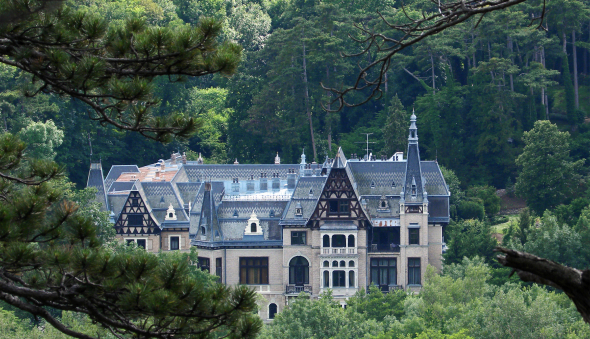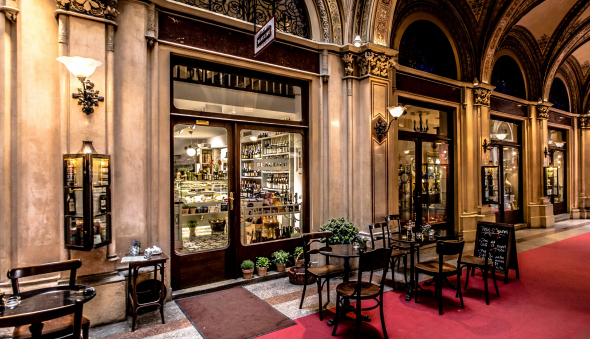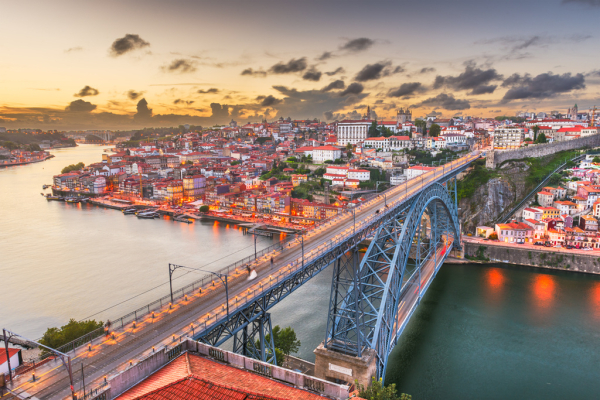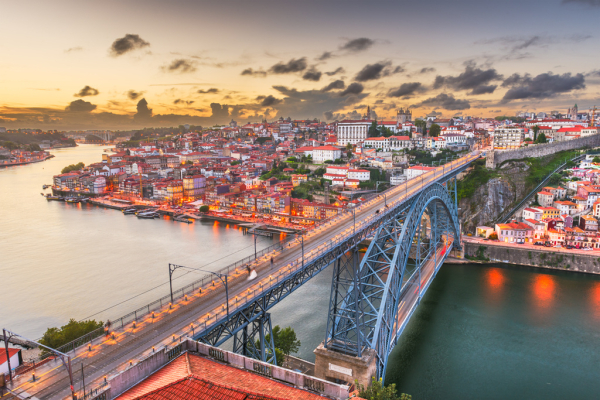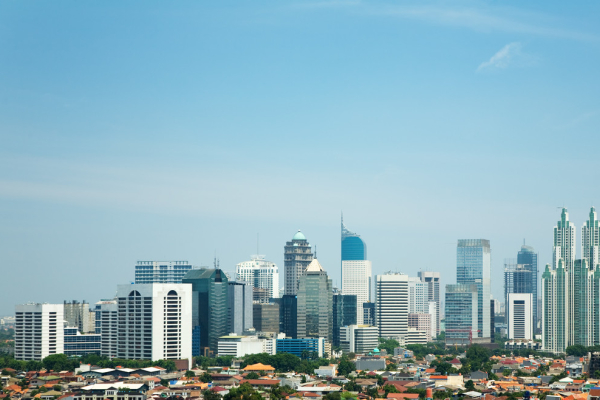Portugal
GENERAL INFORMATION
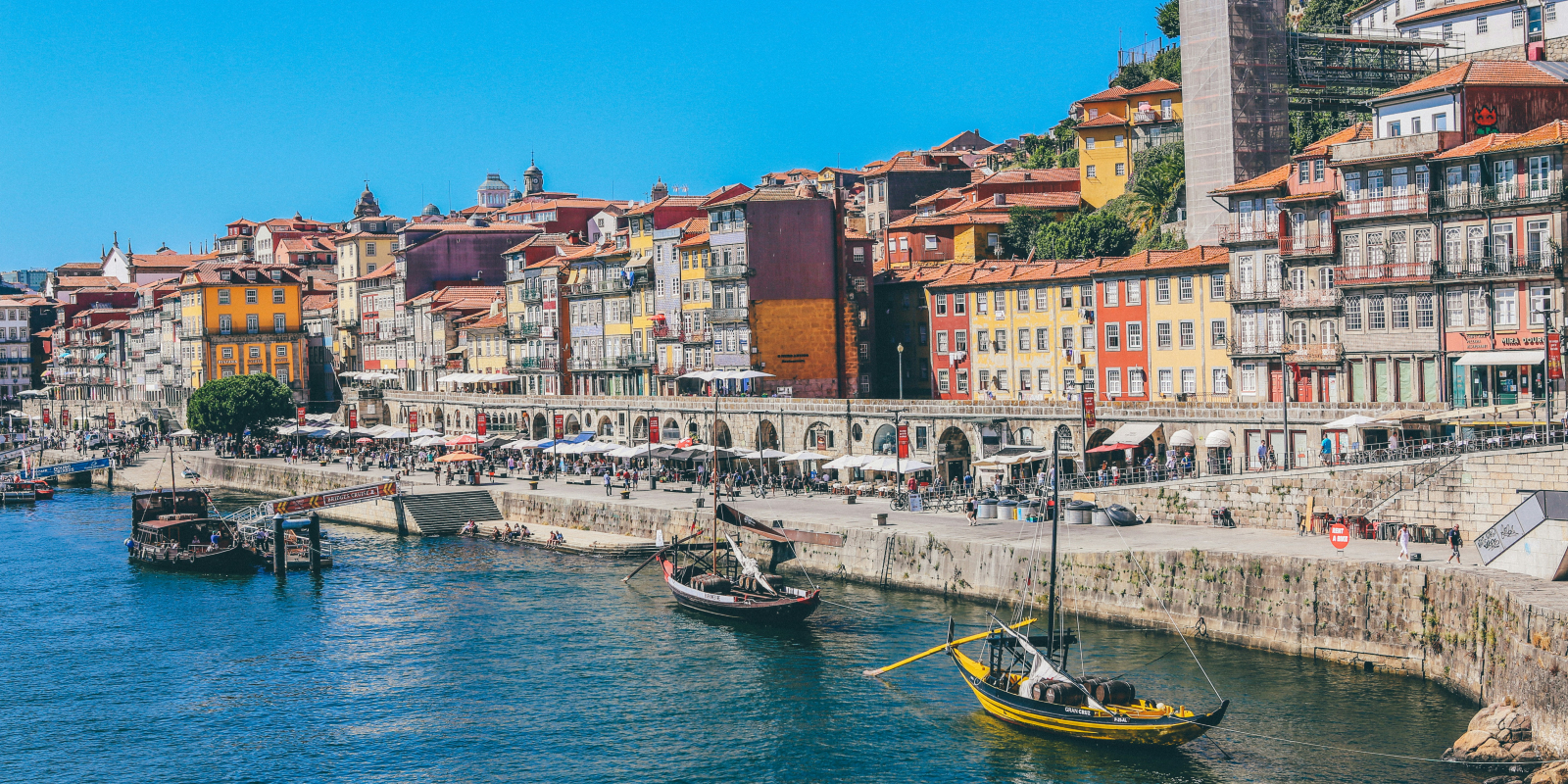
Geography and climate
Portugal is the westernmost country in continental Europe. Portugal borders Spain to the north and east, and the Atlantic Ocean surrounds the country to the south and west. Portugal also owns the Azores and Madeira.
The climate is Mediterranean, subtropical. The average temperature in July is 20-27°C, in January - 5-10°C. Summers are dry and warm, while winters are mild and rainy.
Spring starts from mid-March and is a great time to travel and travel around Portugal. Summer lasts from June to September, but in the south of the country the beach season lasts longer - from May to October.
In autumn, the velvet season begins on the coast, and this is also a good time for visiting wineries, shopping, and road trips. Winter is traditionally an urban season, at this time many interesting festivals and fairs take place, it is pleasant to stroll along the streets of Portuguese towns.
Economy and infrastructure
Portugal is a member of the European Union, part of the Schengen area. The local currency is Euro. Financial support from European funds and the influx of foreign investment have had a favorable effect on the development of the Portuguese economy.
Tourism, construction, banking and insurance services are key sectors of the Portuguese economy. An important contribution to the financial well-being of the country is made by such industries as mechanical engineering, the chemical industry, non-ferrous and ferrous metallurgy, as well as agriculture and fishing. Portugal is famous for its winemaking (especially the production of port wine), the production of olive oil, canned fish, and ranks.
And they are first in the world in the processing of cork bark. Portugal has favorable conditions for doing business. Many modern companies are present here (for example, Zara, Isabel Marant Maison Kitsune order from Portuguese factories).
The road infrastructure is developed at a high level.
The total length of highways is 82.9 thousand kilometers, of which 2992 kilometers are motorways.Portugal has five international airports: three on the continent and two in Madeira and the Azores.
Standard of living
Portugal is ranked among the developed countries of the world. In 2020, the average life expectancy in Portugal is 81.2 years.
In the ranking of countries in terms of quality of life, Portugal ranks 18th. According to Expat Insider 2021, Portugal is one of the top 3 countries for cosmopolitans to live in.
However, despite the high standard of living in Portugal, prices for goods and services, education and medical care are lower than in other European countries. It is also important to note that Portugal is a safe country. According to the Global Peace Index, Portugal ranks second in Europe in terms of security. Portugal also has a high level of medicine and education.
Ecology
Portugal is ranked 26th by the Yale Center for Environmental Law and Policy. The country is famous for its huge number of environmentally friendly beaches, which are marked with a special blue flag (352 beaches in 2019).
Among the member states of the European Union, Portugal ranks 4th in the ranking of the greenest countries. Criteria taken into account include: waste, greenhouse gases, electricity, air quality, natural land and fresh water.
Traditions and culture
Portugal is home to 15 UNESCO World Heritage Sites as well as many amazing medieval castles and monasteries. An amazing style of architecture - Manueline - can only be found in Portugal.
This is the national version of the Renaissance. This style mixed elements of Gothic architecture, Moorish style, Renaissance and exotic motifs. Monasteries and churches, made in the Manueline style, look truly amazing.
Azulejos or tiles are an indispensable part of Portuguese culture. This is a patterned tile, usually made in blue and white. In no other country are tiles used to decorate facades in such quantities as in Portugal.
Fado is another amazing facet of Portuguese culture. This is a special musical genre. Literally, the word "fadu" is translated as fate, fate, therefore, in the songs of fado, a minor mood prevails, acceptance of one's bitter fate.

Education
Portugal is home to some of the oldest universities in Europe. These universities themselves are historical monuments - the buildings have ancient architecture and rich libraries with a collection of old books. Such, for example, is the University of Coimbra.
Quality education is offered by technical universities and business schools.
Education is mainly in Portuguese, but there are many programs in English.The cost of studying in Portugal is from 1,000 euros for a year of undergraduate studies, from 2,000 euros for a year in a master's program and from 3,000 euros for a year in doctoral studies.
Gastronomy
In Portugal, the dish "bacalhau" is very popular, which means cod in Portuguese. Cod is eaten here in a variety of ways, cooked in all sorts of variations. The proximity of the Atlantic Ocean gives local residents access to fresh seafood and fish. It is curious to try the traditional Portuguese dish - francesinha.
This is the famous Portuguese sandwich, which consists of bread, ham or sausage, fried meat, cheese and a special sauce.
Small baskets of crispy puff pastry - pastel de nata - have rightfully become a gastronomic symbol of Portugal. It is simply impossible to refuse morning coffee with pastel while in Portugal. But in addition to the popular sweets, there are a lot of noteworthy desserts in the confectionery of Portugal.
And, of course, Portugal is famous for its olive oil, local wines and port wine.
.
Best real estate deals in Portugal
Actual
News
By sending a message, you thereby accept the user agreement and confirm that you have read and agree to the privacy policy of this website.







